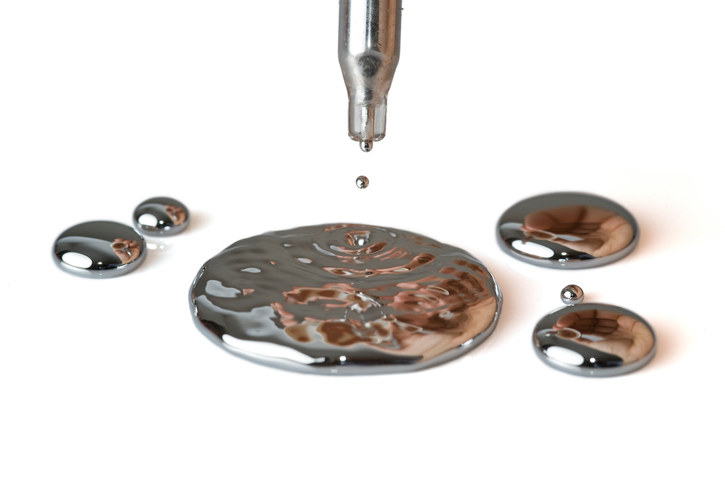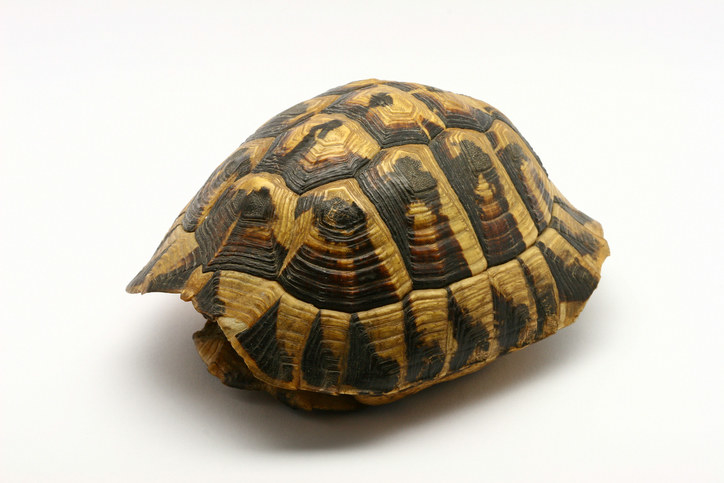Long before we had modern contraception methods like latex condoms, birth control pills, and IUDs, people were doing some pretty interesting things to avoid getting pregnant.
So, here are some of the craziest forms of birth control from the past. And remember, do not try any of these... They were left in the past for a reason.
Seriously, we do not recommend that you use any of the outdated forms of birth control described in this article. Always consult your doctor or a trusted health care professional about effective birth control regimens.
1. Blocking your cervix with crocodile poop.

2. Inserting honey "tampons."

3. Lodging a piece of stone or bronze into your vagina.

4. Downing some mercury after sex.

5. Squatting and sneezing the sperm out.

6. Wrapping the penis in goat bladders.

7. Smearing cedar oil and frankincense in the vagina.

8. Putting little silk paper hats on penises.

9. Just straight-up putting a tortoise shell on your penis.

10. Securing linen condoms onto your penis with a little ribbon.

11. Douching with vinegar.

12. Shoving half a squeezed lemon in your vagina.

13. Animal intestines.


Yes, animal intestines might sound disgusting — especially in a sexual context — but these were actually a predecessor to the modern condom, folks. It came into use around the Renaissance in Europe to curb venereal diseases and illegitimate children in the royal families. "Before the rubber revolution in the 19th century, people used intestines from fish or sheep to wrap around the penis and catch sperm," Minkin says.
While the idea of wrapping your peen in animal guts isn't exactly sexy, the logic behind this method is what led to the creation of the condoms we still rely on for contraception in the 21st century. Plus, people do still use lambskin condoms today as a more natural, latex-free option (although they don't protect against STIs).
